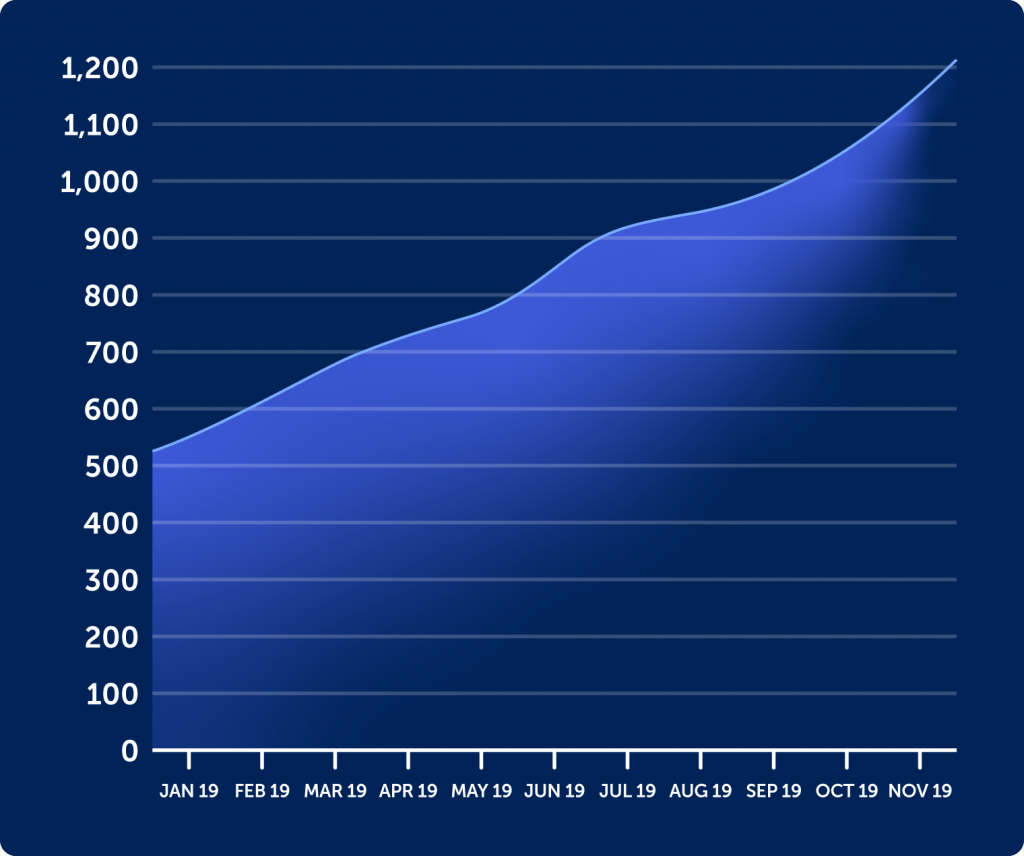University of Ottawa Drives Systematic Review Excellence Across Many Academic Disciplines
The Problem
The Health Sciences Library (HSL) at the University of Ottawa has supported systematic review activity for more than ten years. In the past five years, librarians there have noted a significant increase in systematic review requests from disciplines outside of health sciences; for example, in social sciences, international development and education. That’s not surprising, given that evidence-based practice is now becoming the norm in many academic disciplines.
Until recently, the HSL was supporting a varied mix of literature screening and data extraction tools for students, researchers and faculty. The situation wasn’t ideal, as it was difficult for the HSL team to provide effective guidance and expertise given the plethora of platforms being used by their community members. Another challenge they faced was the inexperience of early career researchers, many of whom had never created a systematic review and therefore weren’t sure where to start.
Key Takeaways
A universal systematic review solution drives higher quality, evidence-based research beyond the health science discipline.
Streamlining and automating systematic reviews creates real-time savings for researchers, faculty and library staff.
Librarian co-ownership of the systematic review process enhances an institution’s research quality and output.
The Solution
The University of Ottawa HSL staff take the quality of research that the institution creates very seriously and a number of librarians are integrated into research teams and contribute as co-authors on systematic reviews. The HSL is heavily invested in producing the highest quality research possible and equally committed to finding ways to streamline the process, making it as easy and efficient as possible for their users.
Core Benefits
- Standardizes and streamlines screening and extraction
- Universal solution used by many academic disciplines
- Drives collaboration within cross-institutional teams
- Consistent, expert user support across the organization
The University of Ottawa’s health sciences librarians are particularly well-suited to the task of helping patrons to create great systematic reviews; their professional mandate is defined by transparency, reproducibility and scientific integrity, all of which fuel the creation of strong evidence. But they needed a technology solution that was immediately approachable for students and staff across many disciplines and at every level of experience; and one which would foster best practice in literature screening and data extraction.
Earlier this year, the HSL acquired an unlimited institutional license to Covidence and framed the solution as a comprehensive literature review and screening package with data extraction capabilities. This positioning of the solution has effectively allowed them to activate a much broader audience across the entire University.
The training was enhanced by comprehensive, bilingual literature and research guides. All University of Ottawa users can request ongoing help via a Covidence-specific support email established by the Library, as well as request online assistance 24/7 from Covidence’s own global support team.
I’m talking with colleagues from all disciplines about how Covidence can be applied beyond health sciences because it’s intuitive and universal – it’s a great tool to help any field of study champion evidence-based practice.
Lindsey Sikora
Health Sciences Research Liaison Librarian, University of Ottawa
As a result of these efforts, the University of Ottawa’s sitewide usage of the tool has been impressive, as evidenced by Figure 1. An additional benefit is the significant reduction in the time it takes to deduplicate references. For example, deduping up to 9,000 articles manually or with other available tools used to take 2 – 5 hours. Now, with Covidence, it takes just under one hour.

Covidence is used by world-leading evidence organizations



